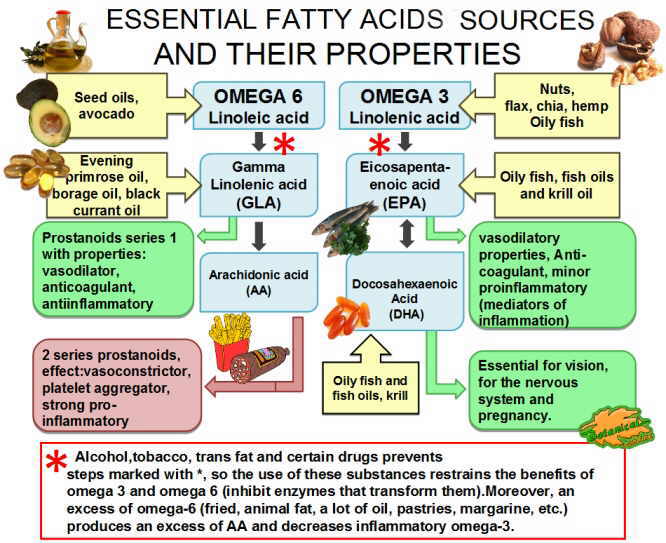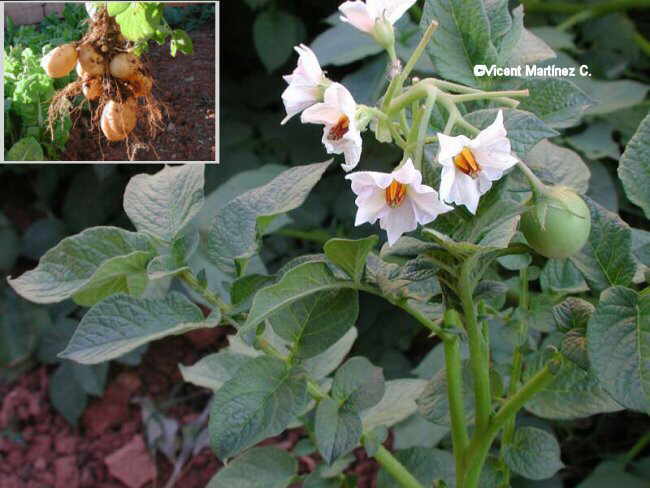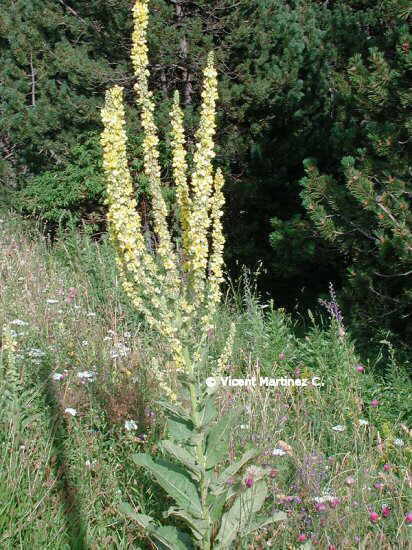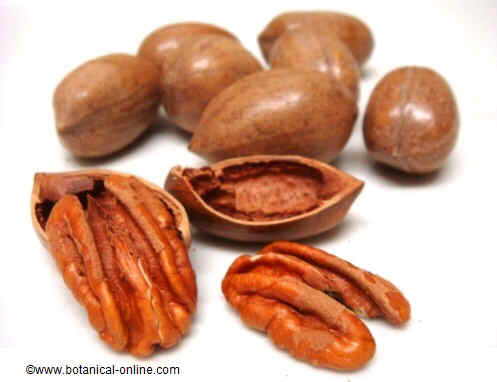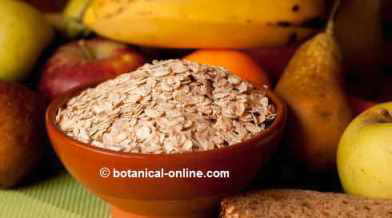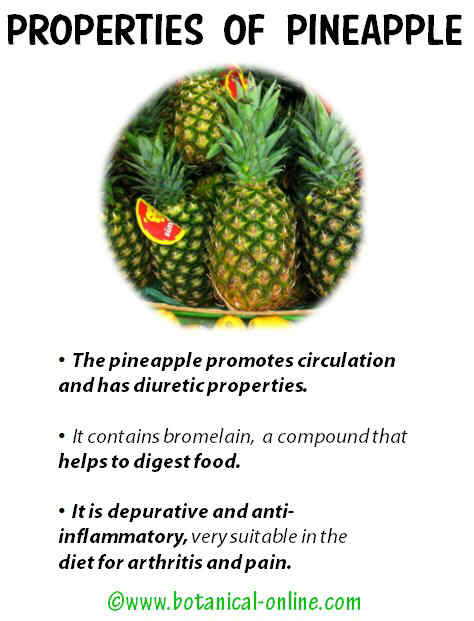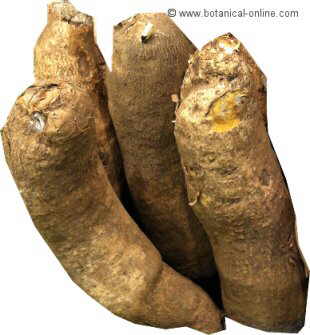Contents
- 1 What is the environmental impact of meat?
- 2 Problems that the consumption of meat generates
- 3 How much does the meat contaminate?
- 4 Loss of natural resources needed to eat meat daily
- 5 Deforestation of forests
- 6 Inside meat, red meat is the most polluting
- 7 Is eating meat harmful?
- 8 Tips for eating less meat without risks
- 9 Where does the nutrition of the future go?
- 10 Importance of the ecological impact of food
What is the environmental impact of meat?
The environmental impact of meat is a concept that refers to the environmental problems generated by the massive consumption of meat products in many parts of the world. To satisfy the exaggerated world demand for meat, it is necessary to raise animals extensively, which generates many environmental problems, really worrying, such as water pollution, loss of biodiversity or resistance to antibiotics.
Problems that the consumption of meat generates

The global consumption of meat has the following ecological problems:
- Environmental problems: To satisfy the world demand for meat, it is necessary to raise animals massively or extensively. Precisely for this reason there is transgenic soy: they need a lot of grain and good protein quality so that calves and pigs grow faster and the market always has supply. All this implies the deforestation of forests and jungle areas.
- Biodiversity problems: Having to grow large tracts of transgenic soy involves having to eliminate ecosystems and use pesticides, which literally destroys, kills and exterminates autochthonous species of plants and animals.
- Atmospheric pollution, by methane (greenhouse gas) that releases the extensive breeding of animals, especially those of red meat.
- Pollution of waters, both by the use of pesticides (for soybeans used in feed), and by the meat industry itself. Pesticides are filtered in the soil and contaminate aquifers and rivers, reaching cities. The same happens with the waste and excrement of the livestock farms.
- Resistance to antibiotics: Animals are exposed to a large number of diseases and have to be treated systematically with medicines. More and more antibiotic resistant microbes are being generated and it is estimated that, in the future, incurable infections will appear due to this cause.
How much does the meat contaminate?
As warned by a 2009 report by FAO, entitled “The long shadow of livestock”, the livestock industry is the world’s largest responsible for greenhouse gas emissions.
These emissions also contribute significantly to acid rain. That supposes that it contaminates more than all the world’s transport sector.
Loss of natural resources needed to eat meat daily
Large mammals require many resources to grow: it is necessary to invest many natural resources to produce feed (cultivate transgenic soybeans, drinking water, pesticides, water purification, etc.) and during their growth and fattening (Calf usually are 10 to 12 months old ).
For example, it is estimated that, in order to produce 1 kg of beef, 15,000 liters of water are used and that 1/3 of the land surface is used for livestock.
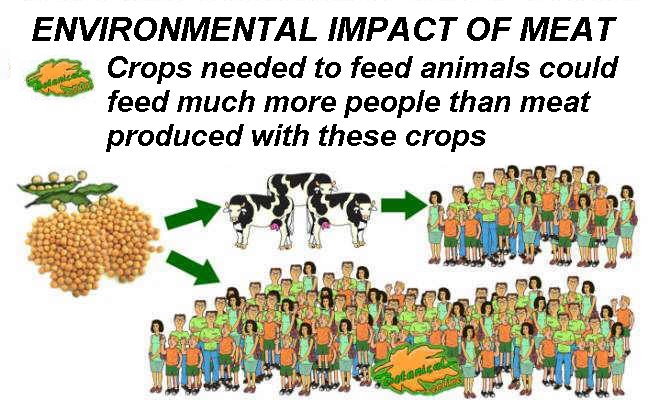
Deforestation of forests
The meat industry is responsible for the deforestation of forests and entire jungles, with the impact that this entails for the ecosystems and for the indigenous inhabitants of these places.
Inside meat, red meat is the most polluting
All this implies that the daily or frequent consumption of mammals, which are red meat, pork, veal, lamb, horse, is very expensive for the planet, a real waste of energy, resources and the destruction of entire ecosystems. In contrast, vegetable protein is just as nutritious as meat and to produce it, much less natural resources are spent.
Some authors illustrate this idea with the following example: ” An omnivore by bicycle contaminates more than a vegetarian by car”.
Is eating meat harmful?

Meat is edible and, as such, is not toxic. When talking about excessive consumption of meat, a daily, very frequent, recreational, capricious or exaggerated consumption is specified at all times. This is because, very often, meat is consumed for lack of ideas or nutrition education.
While it is true that it is not necessary or sustainable to eat meat daily, sporadic or occasional consumption would not be so harmful to health or to the planet.
To become aware of this, there are initiatives such as Monday without meat or so-called flexitarian diets. However, no label is needed to stop eating meat every day.
Tips for eating less meat without risks
The first option is to encourage the consumption of vegetarian proteins, mainly through legumes. With a dish of legumes the same proteins are obtained as with meat, and with many more vitamins and minerals (of which the meat lacks). There is no need to suffer in case it will be bad to eat legumes daily, if they are bad for dinner, or if they cause many flatulence: they are all false myths.
At a domestic level, it is more sustainable to consume poultry meat (chickens are slaughtered between 40 and 60 days from birth, compared to 10-12 months of the calf), eggs or dairy, than obtaining the proteins of large mammals .
Vitamin B12 supplementation should be taken into account if the consumption of foods of animal origin is very low, or in special situations such as pregnancy, lactation, the elderly, or people at risk of B12 deficiency.
Where does the nutrition of the future go?
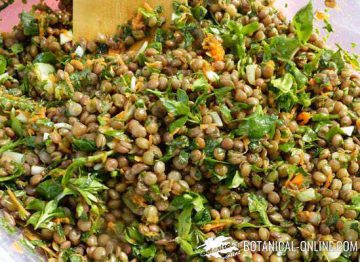
The inhabitants of developed societies have the privilege to enjoy a wide and varied diversity of foods and food products, coming from practically all the countries of the world, and at any time of the year.
Importance of the ecological impact of food
In a context of global overpopulation with 7,000 million inhabitants, it is necessary to stop looking only for human nutrition and start to become aware of the impact of food for the health of the planet: the tons of pesticides that are poured daily, the carbon footprint from food, the waste that is not recycled, etc.
Most likely, the nutrition experts of the future will not only have to take into account the nutritional value of the food, but also its ecological impact. This will mean avoiding wasting natural resources with diets unnecessarily loaded with products of animal origin and renouncing the recreational consumption of food, such as fast-food fashion, which is so harmful in many aspects.
Overtaking the future and changing dietary habits, at a global level, can prevent an environmental disaster and allow us to continue enjoying the privilege of food that developed societies have.
![]() More information on meat and zero waste
More information on meat and zero waste
2 May, 2019

